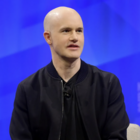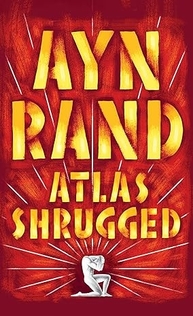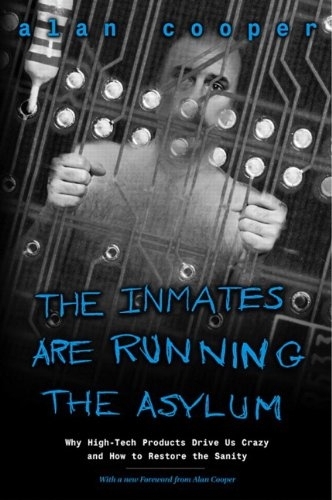
TOP 13 Brian Armstrong's Favorite Books That Changed The Way He Think
0
likes
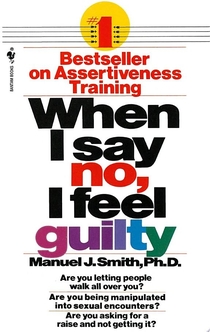
When I Say No, I Feel Guilty
Life is better when you only agree do the things you really want to do.

The God Delusion
Many people believe simply based on how they grew up, without ever questioning.
"Surely You're Joking, Mr. Feynman!": Adventures of a Curious Character
A way to have a happy life. Remain curious and enjoy the journey.
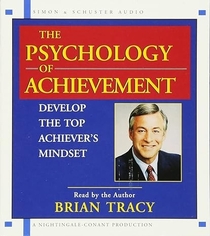
The Psychology of Achievement
You can create any life you want, and are not at the effect of your circumstances.
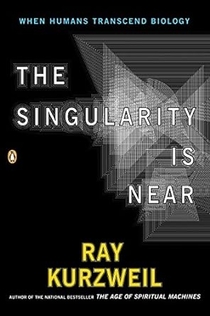
The Singularity Is Near
Change is accelerating, humans are bad at predicting it, and A.I. will likely transform the world by the late 2030’s. Many major problems, like education and disease, will be totally transformed by this in our lifetimes (even the very definition of “human”). Artificial intelligence may be the successor to biological evolution.
See all

Don't Make Me Think
A framework to simulate how customers experience your product, especially the moments of confusion. Each customer comes to your product with a reservoir of trust, and every interaction adds or depletes a bit of trust from that reservoir.
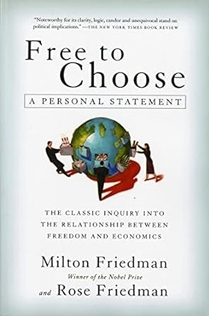
Free to Choose
I’ve only seen the YouTube series (haven’t read the book). It expresses many of Milton Friedman’s ideas on free markets via a documentary from the 1980s.
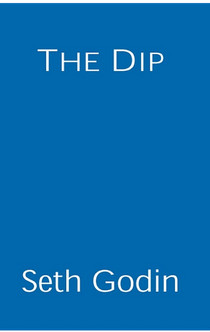
The Dip
This book made me move to Silicon Valley and double down on being a tech entrepreneur. I sometimes recommend it to people who are trying to decide what to do with their life.
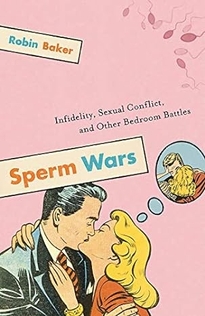
Sperm Wars
Many human behaviors and feelings can be explained by evolutionary psychology. We are vehicles for our genes to survive and replicate, with a really cool neocortex bolted on top that sometimes defies those genes.
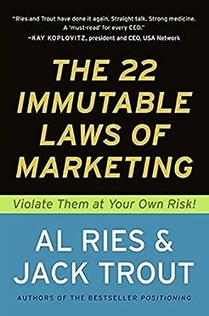
The 22 Immutable Laws of Marketing
Most brands try to do and be too much, but the customer can only remember you for one thing. Each brand should do one thing, and be the best in that category.

Good to Great
The scientific method can be applied to business. This book draws powerful lessons from data.
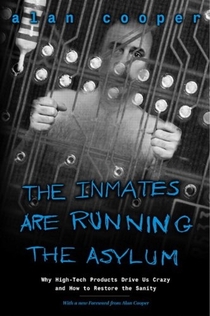
The Inmates are Running the Asylum
The vast majority of products in the world cause frustration, but it doesn’t have to be that way. Products fail by trying to be all things to all people.
